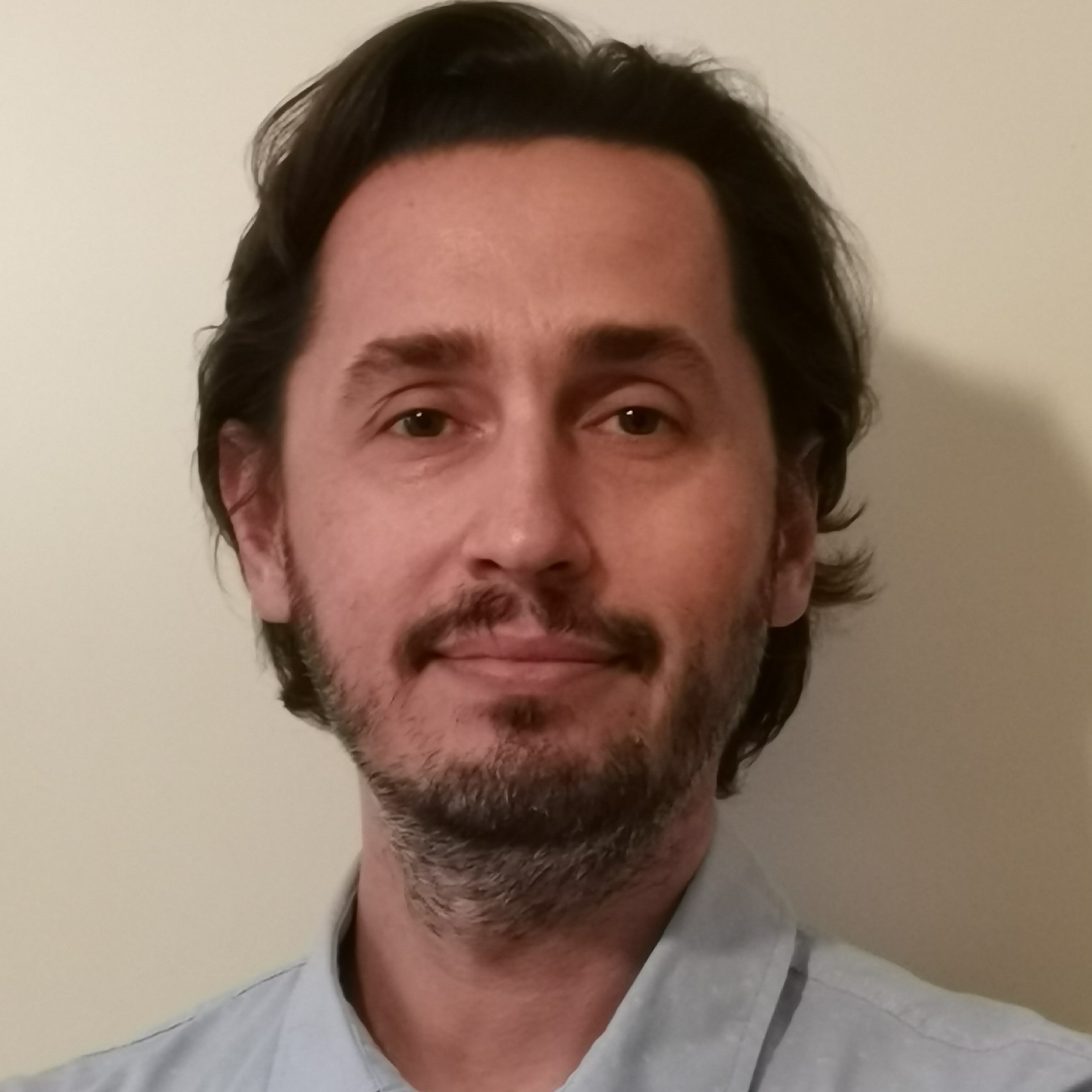Francesco Morichetti
23 - 28 June 2024
Stanford University
Stanford, California USA
Events
Francesco Morichetti
Polytechnic University of Milan

Programmable Photonics
The maturity of photonic integrated platforms enables today the realization of photonic architectures made of hundreds of functional elements, opening the way to the implementation of general-purpose photonic integrated circuits (PICs) that can be programmed on demand and reconfigured in real time. This lecture starts by introducing the main building blocks that are used to build complex PICs, such as integrated Mach-Zehnder interferometers (MZI) and microring resonators. Then the main tools to implement automated feedback control of programmable PICs will be presented, including on-chip light sensors, amplitude/phase actuators, and control algorithms. The lecture further explores the main topologies (feedforward/feedback) of programmable PICs, showing some relevant applications in optical communications, sensing and computing. Specific focus will be given to the mapping of mathematical operations onto programmable photonic hardware, illustrating schemes for coherent and non-coherent matrix-vector multiplication, matrix inversion, photonic differentiators/integrators and photonic solvers for integral/differential equations.
About the Speaker
Francesco Morichetti is Associate Professor at Politecnico di Milano, Dipartimento di Elettronica Informazione e Bioingegneria and Head of the Photonic Devices Lab of Politecnico di Milano. He earned an M.S. Degree in Telecommunication Engineering (with honors) and Ph.D. degree in Information Engineering (with honors) from Politecnico di Milano. He has twenty year of experience in optical devices and photonic integrated circuits for applications in fiber-optic and free-space optical communications, optical interconnects, computing and sensing. In his research, he pioneered studies in the field of controllable slow light in integrated photonics by using reconfigurable coupled-resonator architectures and in non-invasive detection of light in optical waveguides. He developed advanced measurement techniques for space- and frequency-resolved diagnostic of integrated optical components, especially focusing on the parasitic effects of radiative loss and backscattering induced by waveguide imperfections. Current research topics include the electromagnetic and circuit-level design of programmable photonic integrated circuits for the implementation of analog photonic processors, hardware accelerators, adaptive beam shapers and wavefront sensors for free-space optical communications, and advanced sensors. His research group also developed customized automated control, calibration and testing techniques for programmable photonics devices. He is the author of 3 book chapters, more than 100 publications in international journals, more than 200 international conference proceedings and he holds 10 international patents.
